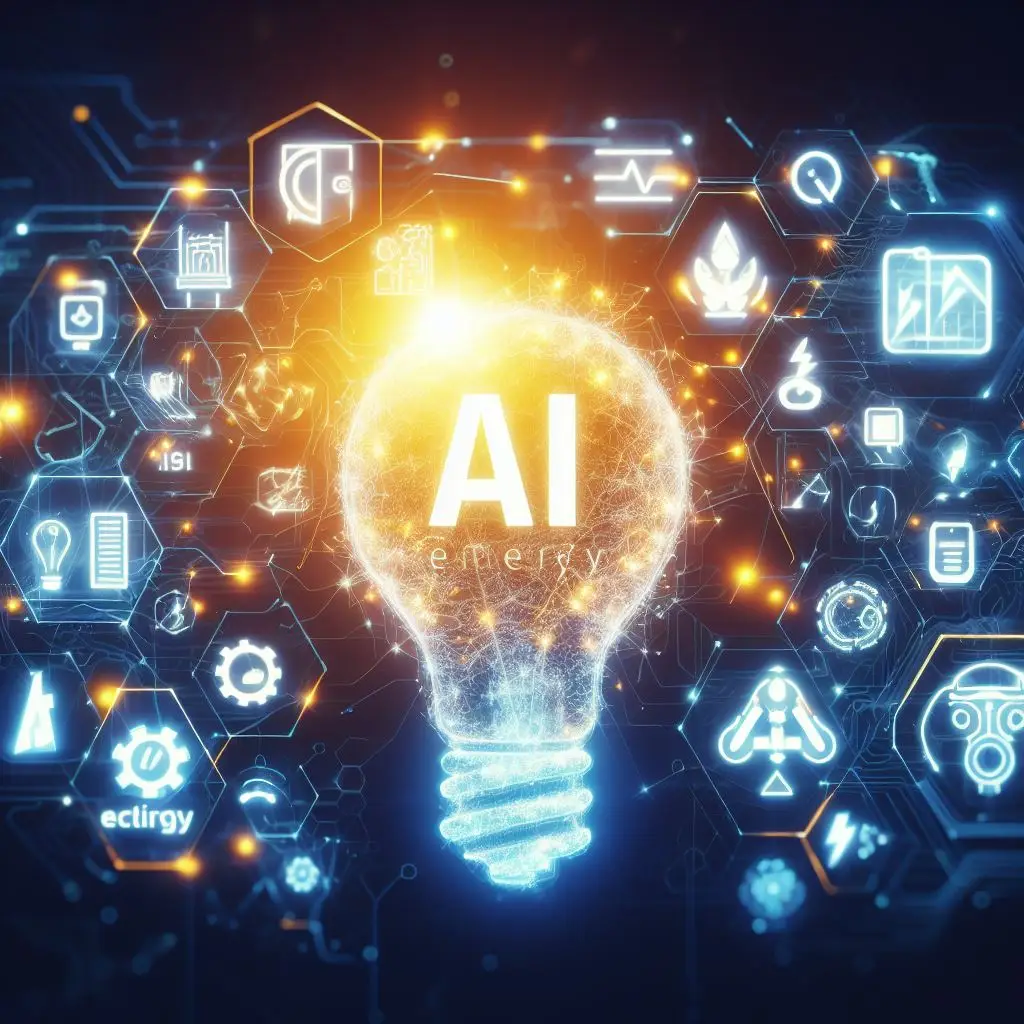Artificial intelligence (AI) is a powerful tool that can help us solve many problems and improve our lives. But it also comes with a cost: energy consumption. A recent study shows that AI, especially generative AI, which can produce text, images, or other data, could have a large energy footprint, which in the future may exceed the power demands of some countries.
The study was conducted by Alex de Vries, the founder of Digiconomist, a website that tracks the environmental impact of digital technologies. He analyzed the energy consumption of different types of AI tools, such as ChatGPT, an AI application that can generate text based on prompts. He found that training these tools requires a lot of computing power and electricity. For example, Hugging Face, an AI-developing company, reported that its multilingual text-generating tool consumed about 433 megawatt-hours (MWh) during training, enough to power 40 average American homes for a year.

AI could consume more electricity than some countries in the future
But the energy consumption does not stop with training. De Vries also calculated the energy consumption of using these tools to generate data. He estimated that ChatGPT could cost 564 MWh of electricity a day to run. This is equivalent to the annual electricity consumption of about 20 American homes.
De Vries also projected the potential impact of AI on the global energy demand. He used Google as an example, since the company has been incorporating generative AI in its email service and is testing out powering its search engine with AI. He estimated that if every Google search uses AI, it would need about 29.2 terawatt-hours (TWh) of power a year, which is equivalent to the annual electricity consumption of Ireland.
De Vries acknowledged that there are efforts to improve the efficiency of AI hardware and software, but he warned that this may not be enough to curb the energy consumption. He cited Jevons’ Paradox, which states that increasing the efficiency of a technology often leads to more demand and more resource use. He suggested that we need to be aware of the environmental impact of AI and consider ways to reduce it.









Add a Comment: